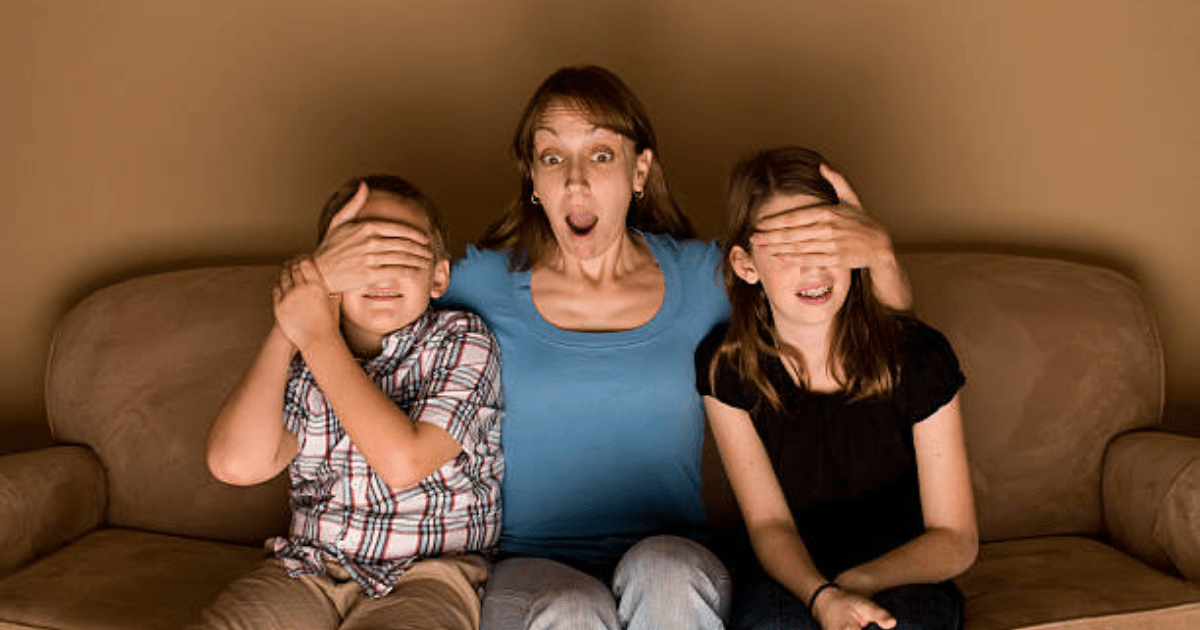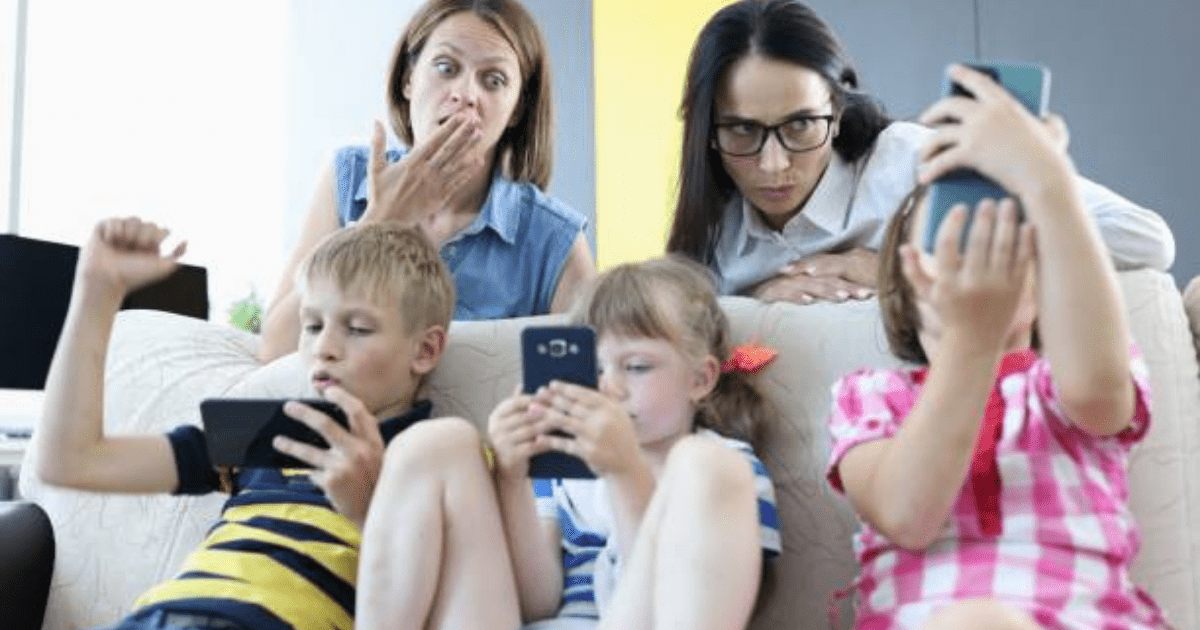
Nowadays, children have higher chances of being exposed to media violence due to the availability of technology and other channels. Parents and guardians are filled with worries and restlessness on how they can successfully protect their children from seeing aggression and violence at a young age.
Looking after the children is already difficult and keeping an eye on their every move requires additional time and effort. There are parents who are busy at work and household chores and may not be able to closely monitor their children all the time.
How can you protect your children from media violence?
You need to know that you cannot always protect your children from seeing upsetting news on television and on the Internet. One way or another, they will know that bad stuff is happening all over the world. They can hear them from friends, from teachers and even from you.
Even if there is easy access to information now, this does not mean that you cannot do anything about keeping your children away from media violence.

1. Have a serious conversation with your children.
You may see your children as too young to understand but you will be surprised to learn how they easily grasp information. If your children watch tragic news on television, talk and explain to them what happened. You do not need to sugarcoat the situation and all you have to do is to tell them the truth but not very detailed. They may ask questions or get confused, but you will just have to answer them honestly without scaring them. You can also talk about current events that they are learning in school and about inspiring people. It does not always have to be bad news.
2. Get information from trusted sources.
Your children may understand about media violence but they are still gullible and vulnerable. Let them be aware that not all things they see and hear are correct and accurate. Teach them on what news channels to believe including those found on the Internet. This is also one way of making sure that your children are aware that they only need to listen to credible sources. If they need to know more, they can always come to you.
3. Monitor closely their screen time.
It is not right and healthy if you constantly let your children know more about media violence. You still have to monitor their access to information on television or on the Internet. Overexposing them to upsetting information and tragic news leads to desensitization. This means that they will be less sensitive and be immune to violence and may find them enjoyable and ordinary. Strict monitoring of their screen time is a key to lessen their exposure to media violence. Set rules about how many hours they can watch the television or use the Internet.
4. Screen television shows/ movies and games.
The best way for you to avoid exposing your children to violence at home is to check what they are watching and playing. Make sure that the shows and movies they are watching and games they are playing are kid-friendly and do not promote violent behavior. If they want to watch a superhero movie, you can watch the trailer first and read reviews from those who have watched it. If you think it is too brutal for your children, explain to them why they cannot watch it at their age.
5. Watch with your children.
When your children are at home watching the television or surfing the Internet, keep an eye on them. Learn more on the type of movies and games they like and if they are good for them. If a scene in a movie shows friends fighting over a toy, tell them why this happened. Teach them the best way to handle the situation without resorting to a fight. Let them know that there are peaceful and civilized ways to manage conflicts and problems.
6. Minimize the use of social media platforms.
Social media have become the avenues for children to talk with their friends and play with them especially now with the pandemic. Children as young as eight years old are begging their parents to create social media accounts for them. Some of them are even creating their accounts without the knowledge of their parents and guardians. You need to create ground rules for your children to have social media. Take note of the appropriate age for each platform and its benefits to your children’s lives. You also need to establish the right amount of time they can access their accounts.
7. Know your children’s friends.
It is not enough to observe precautions when it comes to media violence exposure to your kids at home. You need to also consider the people around them outside of home like classmates, playmates and other adults. You may not be allowing your children to play violent video games but they have classmates who let them play. Your son may become curious when all his classmates are watching videos about wars and shootings. Warn your children about these things and let them be comfortable in talking to you about this. Teach them when to walk away from an unpleasant situation and say no.
8. Let your children know that they are safe.
Always remind your children that they will always be safe with you. Create a home where they can freely talk and ask you about anything. There should be trust and a special bond between you and them. Make them feel loved and secure that they may be able to always run to you whenever unpleasant things bother them. They may know that you will do everything to keep them protected and safe but it is a good practice to let them hear and see how much every day.
Children have different reactions when exposed to media violence. There are children who will find them disgusting and terrifying while others like to keep on watching them. Some are easily traumatized while some do not understand and get confused by them.
If you observe that your child is starting to feel uneasy and afraid all the time, especially being in a new place and other people, you need to do something. If you suspect that their behavior is not normal, you may consult certified therapists and psychologists.
Mindshift Psychological Services is the home of highly qualified therapists and psychologists that will be a big help to you and your family. They guarantee that you will only be given the best treatment and services. Their services include Family Therapy near me, Trauma Therapy, Depression Therapy and Psychotherapy for Individuals.
Get your child the therapy near me and counseling he/she needs. They need a place where they can get validation and deep understanding on what they are going through. Schedule for an appointment through their website or contact them at (714) 584-9700.



